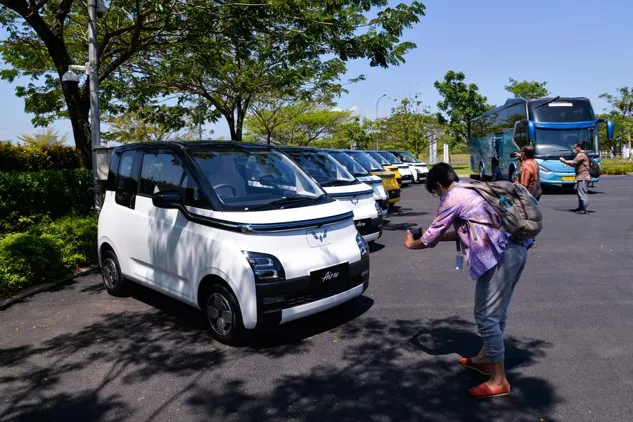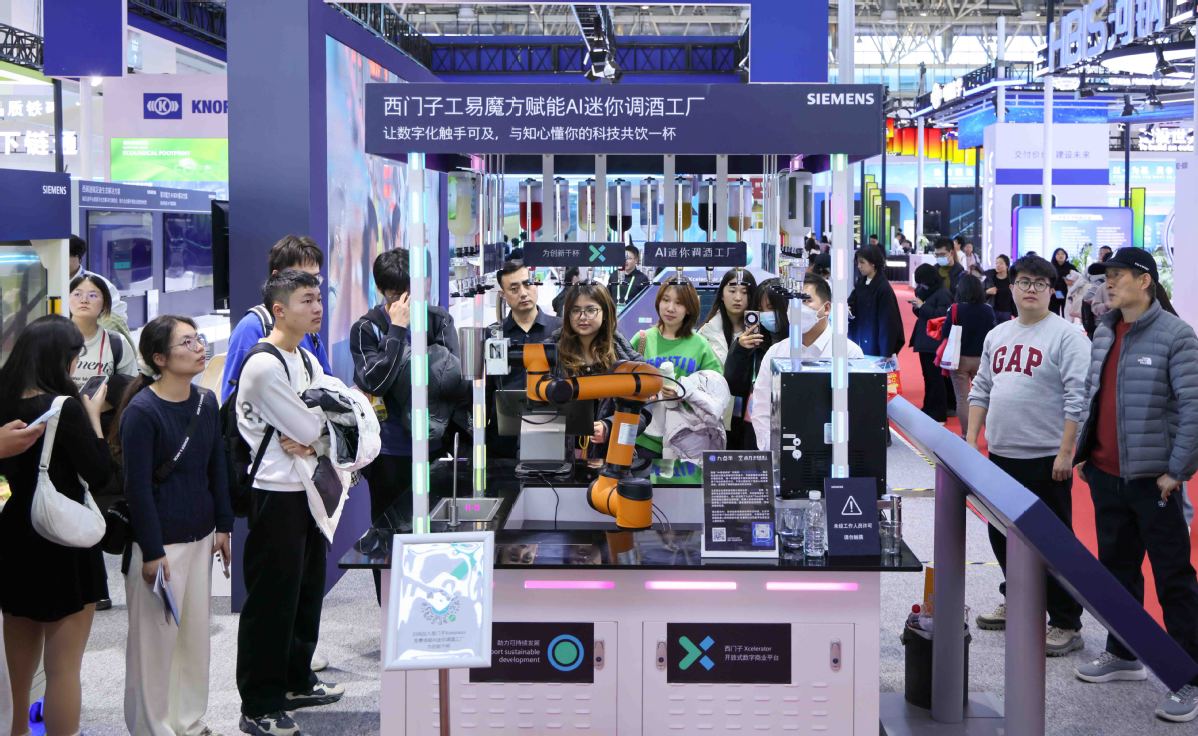Chinese Investment Boosts Indonesia's EV Supply Chain

The recent groundbreaking of a significant electric vehicle (EV) battery megaproject in Indonesia marks a pivotal development in the country's burgeoning EV supply chain, strongly motivated by substantial Chinese investment.
Officially initiated on Sunday in Karawang, West Java, and attended by Indonesian President Prabowo Subianto, the project represents a joint venture valued at nearly 6 billion U.S. dollars. It encompasses a comprehensive supply chain that spans nickel mining and processing through to battery material production, manufacturing, and recycling.
Indonesia's status as the largest global producer of nickel, coupled with its extensive reserves of this vital metal, positions the nation as a key player in providing resources necessary for EV batteries.
The initiative is a collaboration between Indonesia's state-owned miner PT Aneka Tambang Tbk, state-owned investment holding company PT Indonesia Battery Corporation, and China's Ningbo Contemporary Brunp Lygend Co., Ltd.
During the ceremony, President Prabowo stated, 'This groundbreaking is proof of our leaders' seriousness in collaborating with our partners and friends in China, a program that I think can be called colossal, an extraordinary breakthrough.'
Indonesian Minister of Energy and Mineral Resources Bahlil Lahadalia indicated that the project is projected to generate 35,000 jobs and could contribute up to 42 billion dollars annually to the national GDP. The plant's capacity is anticipated to enable the production of batteries for approximately 300,000 vehicles, potentially cutting Indonesia's fuel imports by around 300,000 kiloliters each year.
The Indonesian government is vigorously promoting the nickel industry to enhance national competitiveness and foster an ecosystem for the EV battery sector, aligning with its long-term goal of achieving net-zero emissions by 2060.
According to Fahmy Radhi, an energy economics expert from Gadjah Mada University, this shift represents more than just an energy transition; it paves the way for clean technology adoption, supports green infrastructure development, and outlines a strategic path for Indonesia to establish itself as a leader in clean-energy industry.
Kukuh Kumara, Secretary General of the Association of Indonesia Automotive Industries, underscored the significance of partnerships with nations experienced in EV development, particularly China. He noted that the comprehensive process from mining to battery production necessitates deep collaboration.
As the first Chinese automaker to venture into Indonesia with manufacturing capabilities, SAIC-GM-Wuling has catalyzed the entry of 17 Chinese enterprises into Indonesia’s auto supply chain, nurturing over 100 local suppliers over the last seven years.
Furthermore, the establishment of the China-Indonesia Institute of Modern Craftsmanship of New Energy Vehicle signifies the commitment to strengthening Indonesia's own EV industry through skill transfer and local training initiatives.
Experts highlight the essential role of Chinese investment in facilitating technological transfer and human development projects, encompassing joint research and vocational training, thereby reinforcing the collaborative nature of the EV sector's evolution in Indonesia.
Read These Next

South Korean President Lee Jae-myung Talks Tough US Negotiations
South Korean President Lee Jae-myung called US tariff negotiations complicated, pledging to seek practical solutions despite challenges.

Stability in Share Capital Structures and Growth Prospects
An analysis of a company’s annual report segment shows a period of stability in its share capital structure and outstanding shares, highlighting issues of growth potential and regulatory compliance.

Sino-German Collaboration Drives Significant AI Progress
Experts stress Sino-German collaboration in industrial AI, enhancing manufacturing and securing global competitiveness through innovation.
